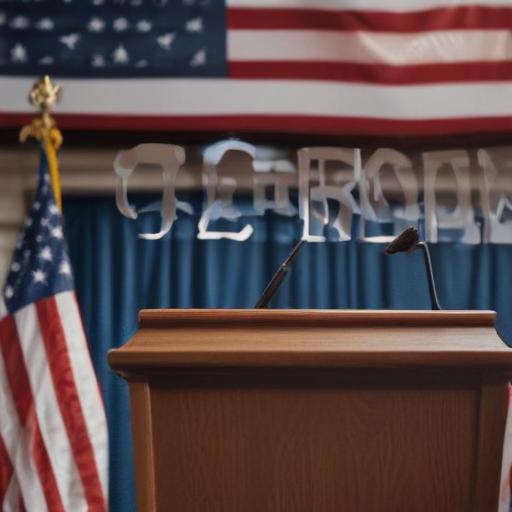Donald Trump made headlines during a recent dinner at the Kennedy Center where he revealed his motivations for running for president again in 2024. He stated that his decision stemmed from a desire to assert himself against political adversaries, specifically claiming that he hoped to take credit for securing the Olympics and the World Cup during his first term. Trump expressed dissatisfaction about not receiving recognition for these achievements, famously stating he felt the need to “shove it up their a**,” referencing his critics.
During the event, he took a familiar path, reiterating false claims that the 2020 presidential election was stolen from him. He expressed frustration over his experiences with the Kennedy Center, implying mismanagement by its board and lamenting the condition of the facilities.
Trump’s claims about securing the 2028 Summer Olympics and the 2026 FIFA World Cup, took center stage as he expressed resentment about what he felt was a lack of acknowledgment for his accomplishments. “We got the Olympics and then we got the World Cup,” he proclaimed, lamenting that people would forget his contributions due to his 2020 election loss to Joe Biden.
He further insinuated that his 2024 campaign serves as a response to perceived election fraud, stating, “If they would’ve left us alone, and wouldn’t have cheated on the election, I would’ve been retired right now.” Trump’s ongoing efforts to legally support his claims of election fraud show his commitment to pursuing this narrative even after his presidency.
This latest outburst fits into a broader context of political rhetoric in which election denialism is being promoted in various formats, including educational reforms in states like Oklahoma. The state’s new social studies curriculum aims to provoke discussion on perceived discrepancies in the 2020 election results.
In a political landscape filled with intense debates over election integrity and accountability, Trump’s remarks reflect not only his personal viewpoints but also the deeply entrenched partisan divisions within American politics today.
